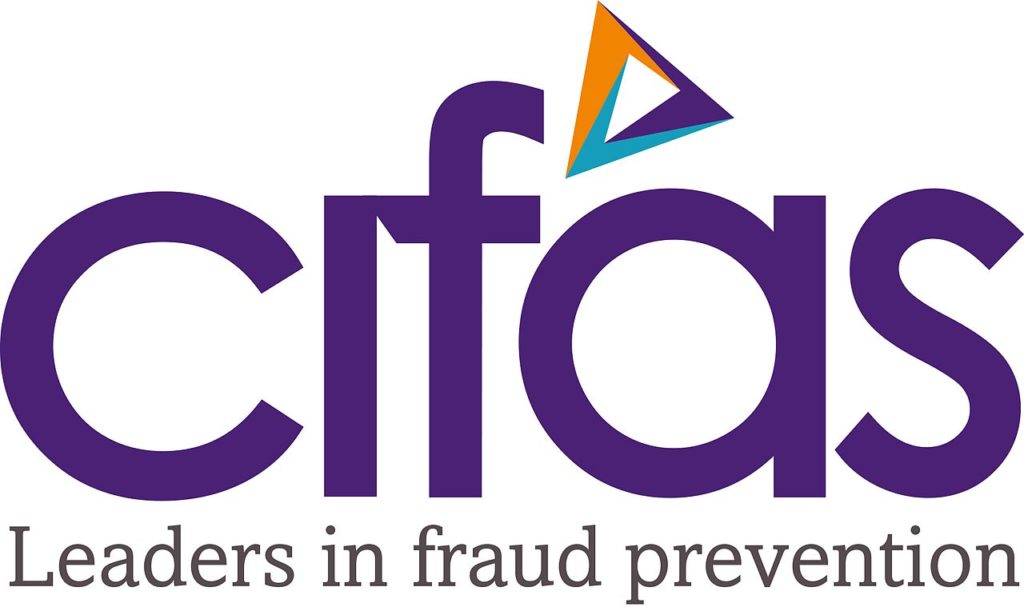
5 min read.
We have to protect Dozens from fraudsters
2 July 2020
To protect our platform, business and staff we’re rolling out extra measures to identify and catch the wave of fraudsters currently targeting fintechs. Read on about the action we’re taking.
Fraudsters vs Financial Industry
As with other financial institutions, here at Dozens we spend a lot of time thinking about financial crime – in essence how to keep out the bad guys, and let in the good guys.
Before we launched, we were warned that as a new entrant to the market, we’d be targeted by a wave of fraudsters in our first few years. So we set about combatting this head on. We signed up to the best tools available to identify and stop criminals during signup, as well as tools to identify suspicious transactions if a fraudster did manage to slip through the net.

For example, we are members of CIFAS, which is the UK’s largest fraud sharing organisation, and provides us with known fraudster details so we can make sure we don’t accept fraudsters as customers.
Plus we hired a superb set of people in our compliance operations team to investigate financial crime and block out the criminals – it’s the largest team at Dozens.
Sometimes even the best tools aren't enough
While our excellent team and tools have identified thousands of criminals and criminal transactions, and reported these to the authorities, we could see that we were still being targeted by fraudsters.
Some types of fraud are particularly hard to spot and stop. One type is called “advanced payment push fraud”. This is where a fraudster persuades a victim to send money to what they think is a legitimate source. For example, the fraudster contacts the victim pretending to be their bank, tells the victim their account has been compromised and then persuades the victim to move money into the fraudster’s “safe” account. Or sometimes a fraudster pretends to sell something to a victim online, and the victim pays for the item or service, but the item or service never gets sent to the victim and the fraudster seller disappears.
These types of fraud are particularly heartbreaking as victims truly believe they are sending money to a legitimate source, and it’s very difficult to spot this type of fraud.
There are also social media scams. We could see that some fraudsters were targeting our customers and trying to persuade them to become money mules and help the fraudsters move money about, so we hoped to educate our customers and followers to this practice with our blog post shared to all social channels earlier this year.
Despite these efforts we still have a number of fraudsters who are utilising our accounts, and we have to take action to put a stop to this.
Our mission as a company is to help people into a better financial situation, and it goes against every grain of what we stand for to have fraudsters using our accounts to trick victims in parting with their money.
While our excellent team and tools have identified thousands of criminals and criminal transactions, and reported these to the authorities, we could see that we were still being targeted by fraudsters.
Some types of fraud are particularly hard to spot and stop. One type is called “advanced payment push fraud”. This is where a fraudster persuades a victim to send money to what they think is a legitimate source. For example, the fraudster contacts the victim pretending to be their bank, tells the victim their account has been compromised and then persuades the victim to move money into the fraudster’s “safe” account. Or sometimes a fraudster pretends to sell something to a victim online, and the victim pays for the item or service, but the item or service never gets sent to the victim and the fraudster seller disappears.
These types of fraud are particularly heartbreaking as victims truly believe they are sending money to a legitimate source, and it’s very difficult to spot this type of fraud.
There are also social media scams. We could see that some fraudsters were targeting our customers and trying to persuade them to become money mules and help the fraudsters move money about, so we hoped to educate our customers and followers to this practice with our blog post shared to all social channels earlier this year.
Despite these efforts we still have a number of fraudsters who are utilising our accounts, and we have to take action to put a stop to this.
Our mission as a company is to help people into a better financial situation, and it goes against every grain of what we stand for to have fraudsters using our accounts to trick victims in parting with their money.
While our excellent team and tools have identified thousands of criminals and criminal transactions, and reported these to the authorities, we could see that we were still being targeted by fraudsters.
Some types of fraud are particularly hard to spot and stop. One type is called “advanced payment push fraud”. This is where a fraudster persuades a victim to send money to what they think is a legitimate source. For example, the fraudster contacts the victim pretending to be their bank, tells the victim their account has been compromised and then persuades the victim to move money into the fraudster’s “safe” account. Or sometimes a fraudster pretends to sell something to a victim online, and the victim pays for the item or service, but the item or service never gets sent to the victim and the fraudster seller disappears.
These types of fraud are particularly heartbreaking as victims truly believe they are sending money to a legitimate source, and it’s very difficult to spot this type of fraud.
There are also social media scams. We could see that some fraudsters were targeting our customers and trying to persuade them to become money mules and help the fraudsters move money about, so we hoped to educate our customers and followers to this practice with our blog post shared to all social channels earlier this year.
Despite these efforts we still have a number of fraudsters who are utilising our accounts, and we have to take action to put a stop to this.
Our mission as a company is to help people into a better financial situation, and it goes against every grain of what we stand for to have fraudsters using our accounts to trick victims in parting with their money.
Multiple phones, driving licences... and crypto
We wanted to let you know about some of the actions we are planning to take, and the consequences that are likely to result.
We mentioned above we use various tools to help us spot suspicious patterns of transactions. However we wanted to look one step in advance of this, before getting to transaction stage, to see if we can catch the fraudsters before they have even made any transactions. And this is where our wizardy data team comes in.
Our data team has spent a lot of time analysing the data from known fraudsters, looking at who they are, how they access our products and services, and looking for patterns in this data that we can then apply to pre-emptively catch fraudsters in the future.
The outcome of the analysis is that we had identified a number of common traits amongst fraudsters:
- Fraudsters change their mobile phone registered with Dozens far more frequently than normal customers do.
- Fraudsters often use a provisional driving licence as their form of ID.
- Certain marketing channels seem to be an entry point for an abnormally high number of fraudsters.
- Nearly all crypto transactions don’t come from our good customer base, but from fraudsters moving money.
A bit more on our stance on crypto
At Dozens, we’ve taken a stand against crypto and have made the decision not to allow any crypto payments on Dozens accounts. Crypto is a very volatile asset, meaning that its value can wildly increase and decrease depending on a huge amount of factors, sometimes even due to what’s trending on social media. Dozens is here to help you on your journey from spender to saver to investor, and to improve your financial wellness. Crypto products are not regulated by the FCA and they’ve warned that if customers choose to bet on crypto, then they should be prepared to lose all of their money. The volatility of these unregulated crypto payments can be high-risk for you on your savings journey. At Dozens, we’ll continue to stay true to our mission of making saving more rewarding for all, and so where required we will put your interests over our profits.So what do I need to do to make sure I'm not a borderline customer?
The simple answer is – just use your accounts with us in a normal way – use your current account for day to day spending, your cash savings account for putting aside money that you might like to use for investing in the future.
If you joined us using a provisional driving licence we’ll contact you if we need anything further from you.
I've seen a lot of negative reviews...
We are aware that a lot of the fraudster ex-customers are the ones that shout the loudest, on social media and review sites. This can be upsetting for anyone to read, and particularly demoralising for the team who work so hard to provide a good service to our proper customers, but it is something we would like all our customer base to be aware of.
In fact, one of the tricks some fraudsters play is to try to pressure Dozens (along with other fintechs) into returning their ill-gotten money by flooding review sites with poor reviews.
So we’re prepared that by exiting suspected fraudsters, many will air grievances on social media and review sites claiming we have taken their money. The truth is we have done just the opposite – we are returning the ill-gotten money, wherever possible, to the victim of the fraud, and closing our door permanently on the fraudsters.
We hope you, our trusted customers, will support us through this exercise and we will continue to serve you for years to come.